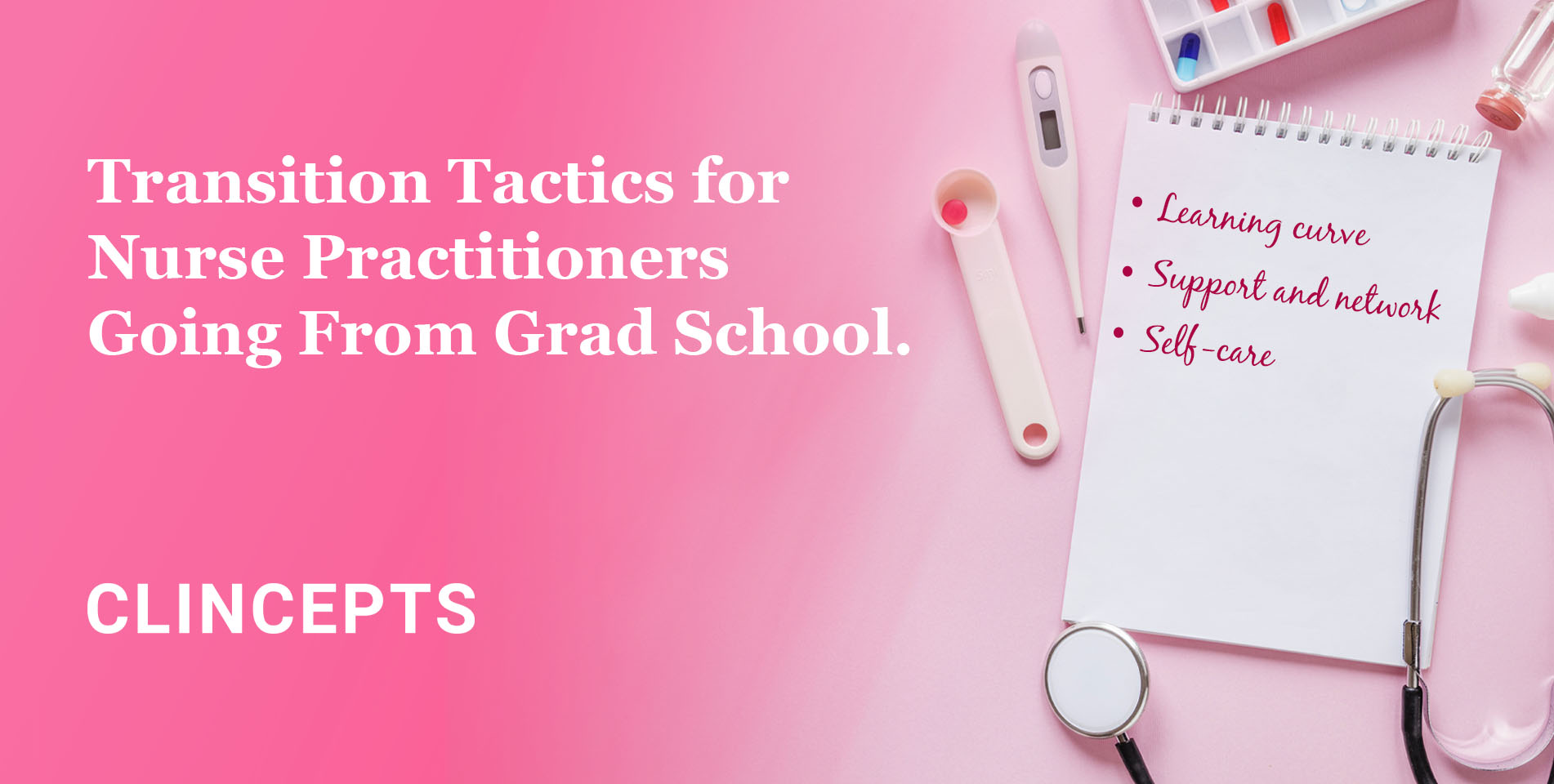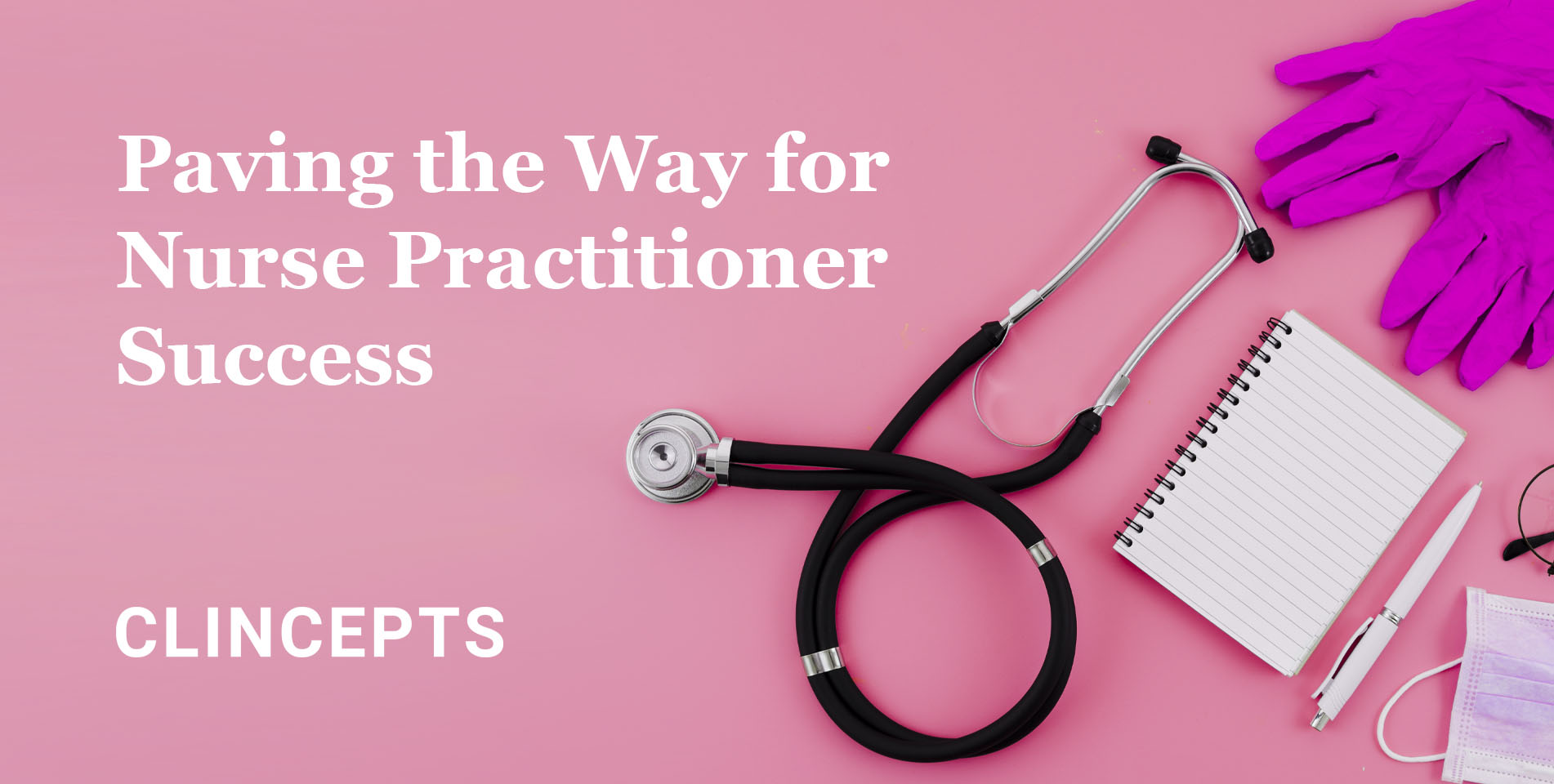Real world NP life is dramatically different from academia NP life. In the academic clinical setting your preceptor was right there with you, guiding your every decision and influencing your evaluation and management of each patient’s plan of care. It’s a rude awakening (ok, maybe not that bad, more like) an eye-opening experience to see the stark change from graduate school to independent practice. While the learning curve is rather steep, you’ve got the right approach with an empowered mindset.
Whether you’re in your last semester, fresh out of grad school, or still getting acclimated to your new role as a nurse practitioner, I know that the transition from student to professional can feel like a rollercoaster ride. But fear not! I’m here to share some nuggets of wisdom and guidance to help smooth your transition and set you up for success in your early NP days.
Embrace the learning curve
Transitioning from your preceptorship to practice requires a mindset shift. Understand that your graduation is just the tip of the iceberg, you won’t know everything on day one or day 100, and that’s ok. Each patient interaction, every case, and each challenge presents a unique opportunity for your growth. Embrace the uncertainty as a chance to learn, adapt, and refine your skills. Ask questions, seek guidance, and don’t fear admitting when you don’t know something. This phase is about gaining confidence through experience and being open to continuous learning.
Embrace challenges as stepping stones for growth. Expect hurdles in your journey and see them as opportunities to develop resilience and problem-solving skills. Sometimes the most difficult cases or situations lead to the most significant personal and professional growth. Learn from setbacks and apply those lessons to future scenarios.
The healthcare landscape is constantly evolving. To stay relevant and effective in your role, consider joining professional organizations, attending conferences/specialized workshops, or further academic pursuits. It’s not just about collecting qualifications; it’s about staying up-to-date with the latest research, technology, and best practices. Seek out mentorship opportunities to gain insights that bridge the gap between theory and practical application. A proactive approach to staying informed ensures you can adapt your practice to deliver the best possible care for your patients. Continuously seeking knowledge helps you remain agile and well-prepared for the dynamic nature of healthcare.
Grow your support and network
Building a network of mentors and supportive peers is invaluable. Seek guidance from experienced NPs or healthcare professionals who have walked the path you’re starting on. A mentor can provide crucial insights, help you navigate professional challenges, and offer perspectives that complement your academic knowledge. Engaging in peer support groups or professional networks creates a community where you can share experiences and learn from others.
Networking goes beyond just expanding your contact list. Engaging with your professional community, attending conferences, and participating in industry events can lead to invaluable connections. Building relationships and collaborating with other healthcare professionals can provide opportunities for mentorship, professional development, and potential job prospects.
Prioritize self-care
As an NP, you’re not just a healthcare provider; you’re an advocate. Advocate for yourself—know your worth, seek fair compensation, and strive for a work environment that supports your professional growth and well-being.



